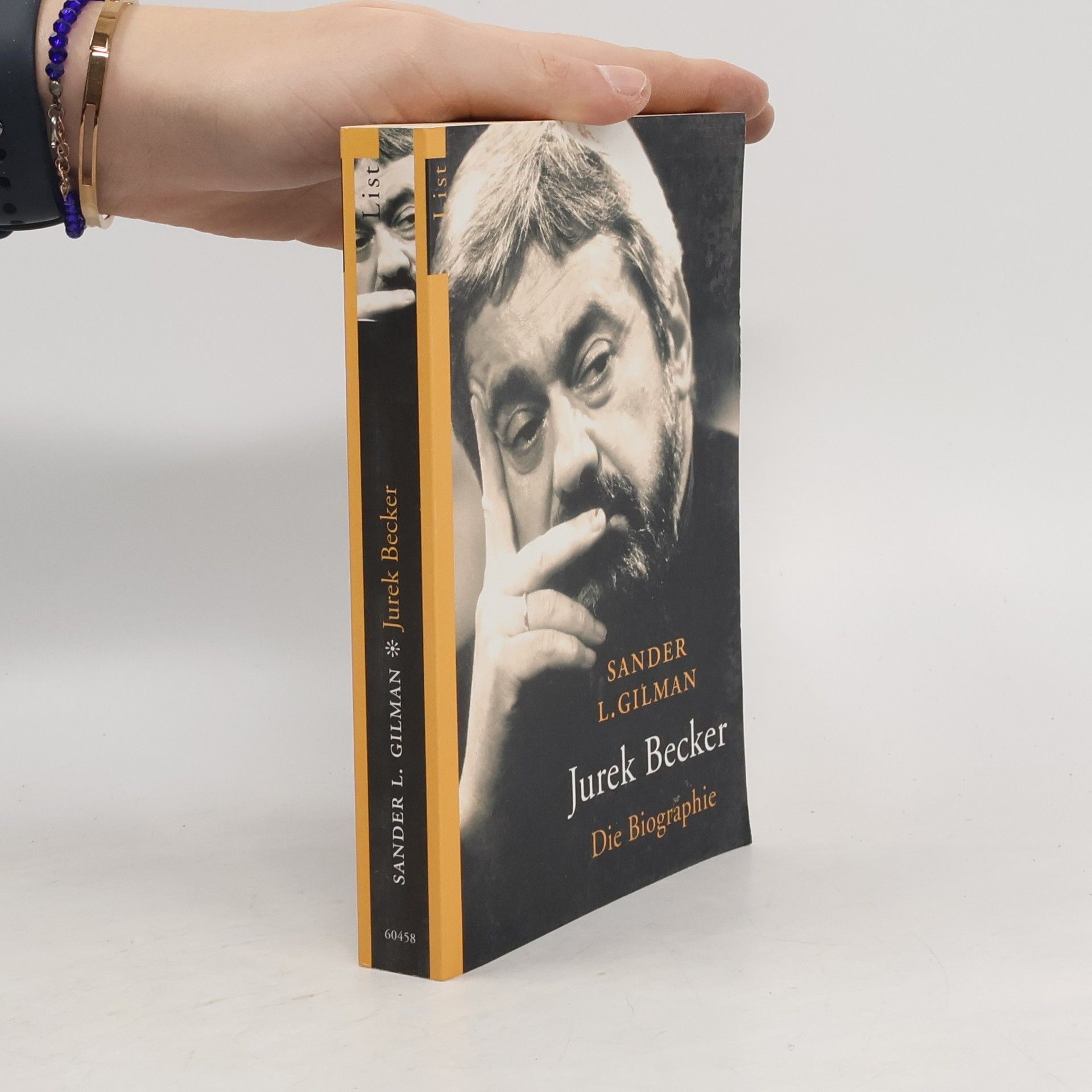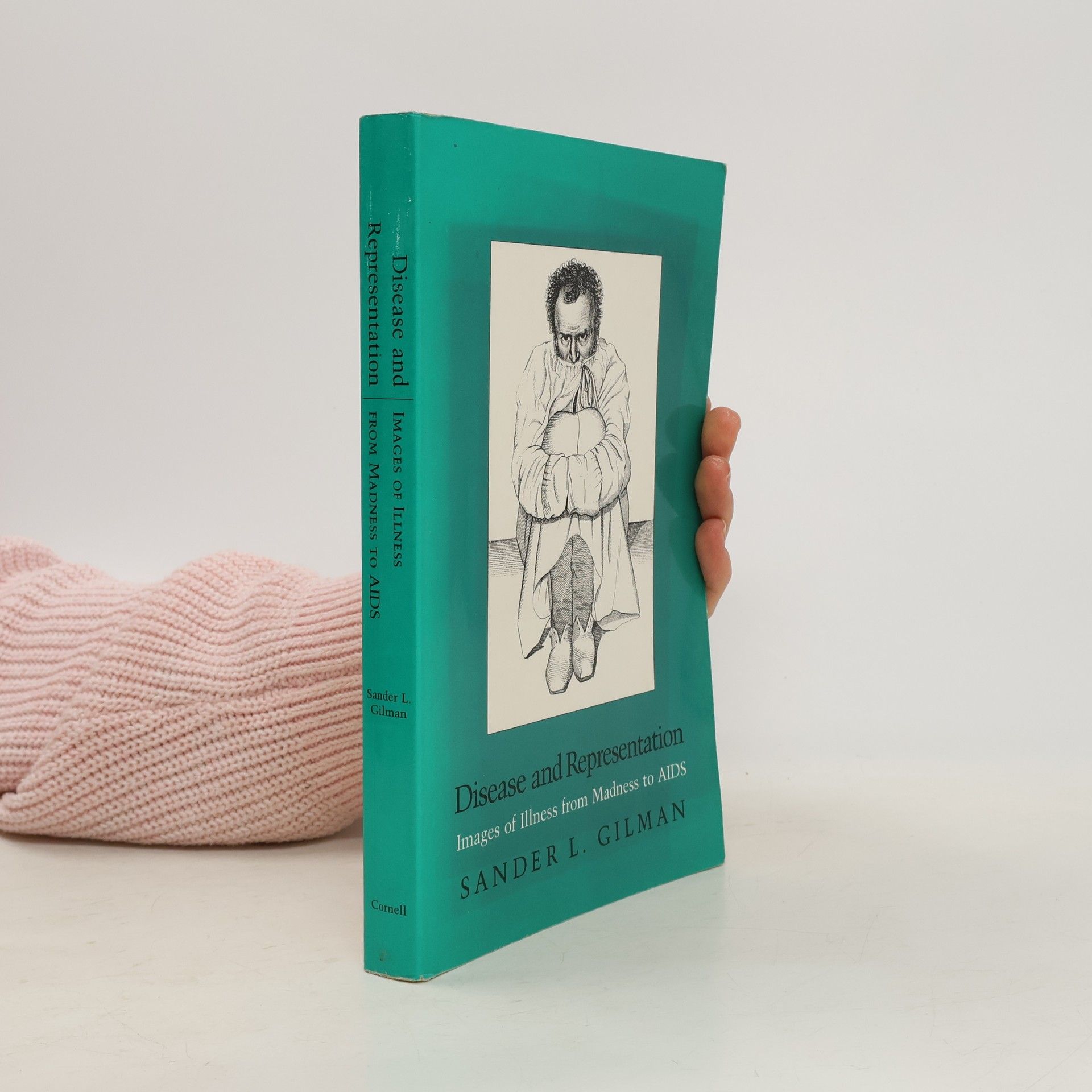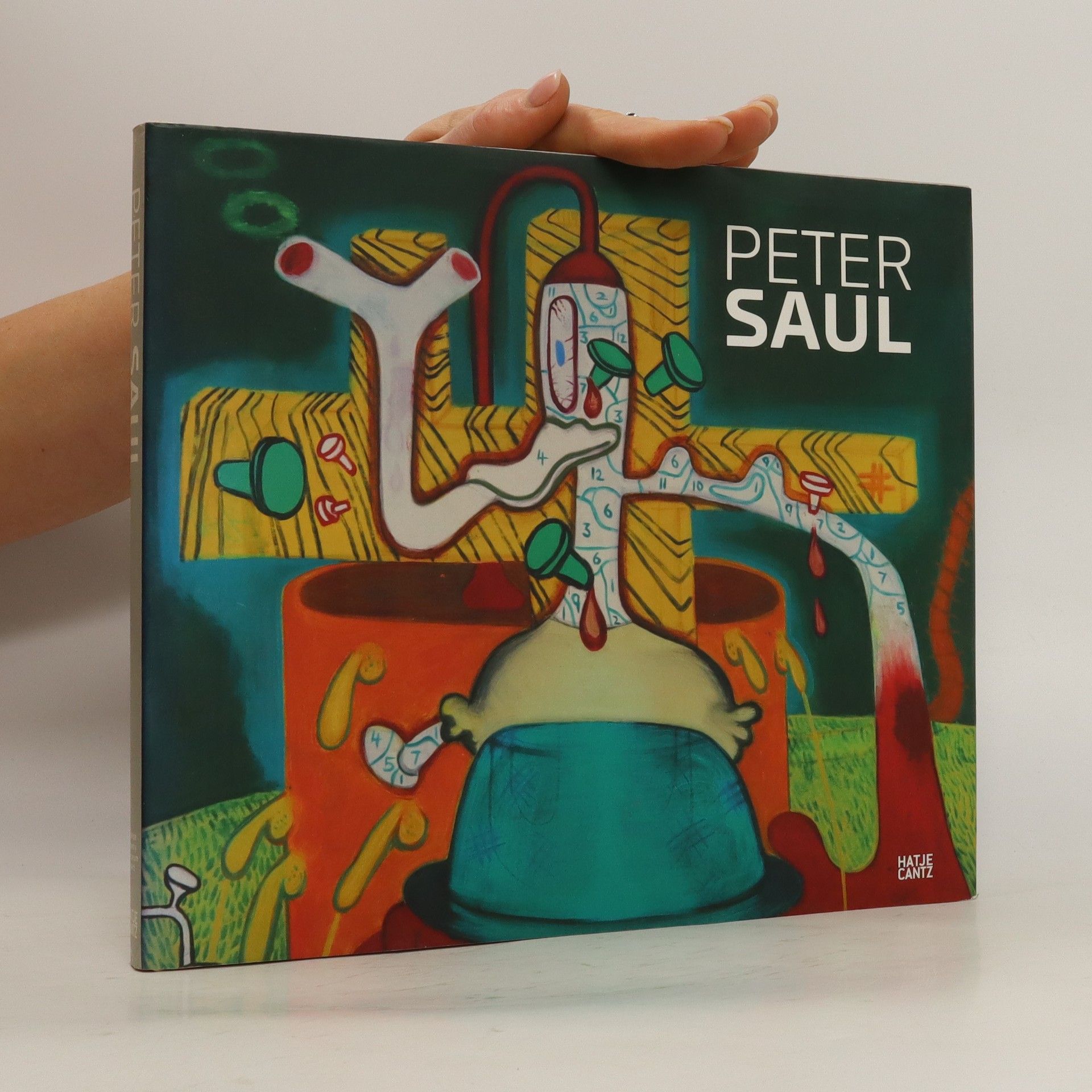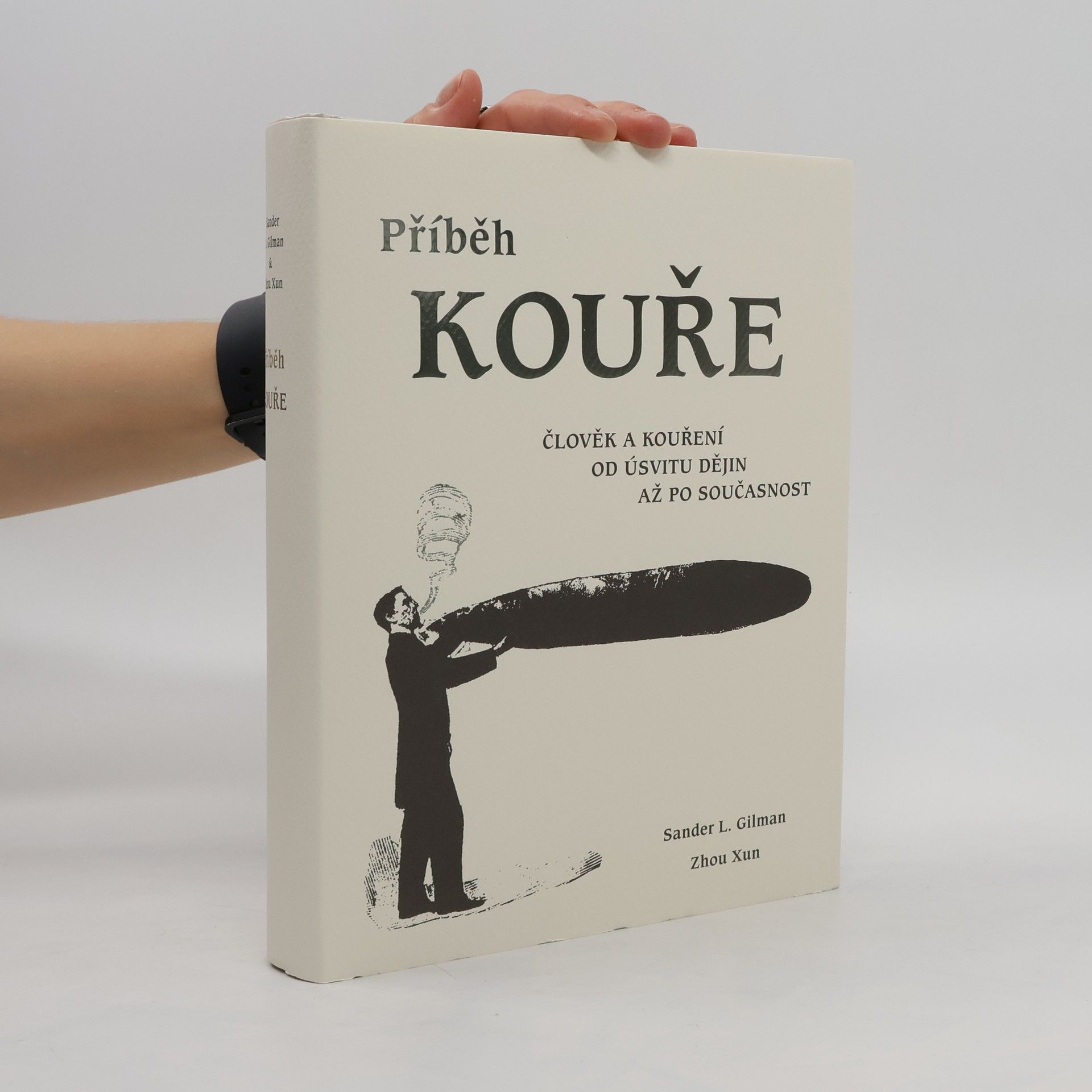Sander L. Gilman Ordine dei libri (cronologico)
Sander L. Gilman è uno storico culturale e letterario americano, noto per i suoi contributi agli studi ebraici e alla storia della medicina. Il suo lavoro si concentra sulla medicina e sugli echi della sua retorica nel discorso sociale e politico. Gilman esplora come i concetti medici e il loro linguaggio si riflettano nella società e nella politica in generale, analizzandone l'influenza sulla nostra comprensione del mondo. La sua vasta opera offre profonde intuizioni sull'interconnessione tra scienza, cultura e norme sociali.







'I Know Who Caused COVID-19'
- 256pagine
- 9 ore di lettura
A timely, cogent exploration of how COVID-19 has caused predudice and xenophobia.
Kara Walker: my complement, my enemy, my oppressor, my love
- 418pagine
- 15 ore di lettura
„At last: a catalogue which is so convincing that it makes a museum visit practically redundant.“ (die tageszeitung)
Příběh kouře. Člověk a kouření od úsvitu dějin až po současnost
- 464pagine
- 17 ore di lettura
Lidé kouřili odjakživa a zřejmě se budou tomuto potěšení oddávat vždy. Každá kultura v historii něco kouřila, ať už jako lék, jako součást určitého rituálu nebo jako jeden z kulturních aspektů. Dosud ještě nebyla kupodivu popsána žádná historie kouření, založená na skutečnosti, že kouření — ve všech svých formách a se všemi svými produkty — je kulturním fenoménem, který je společný všem lidským společnostem. Kniha Příběh kouření zkoumá kulturu kouření v různých tradicích a místech po celém světě. Od opiových doupat ve viktoriánské Anglii k tabáku z období Edo v Japonsku, od marihuany a kokainu k havanským doutníkům. Kniha vychází z kulturně-historického pohledu a obsahuje velké množství obrazového materiálu: více než tři stovky ilustrací, zobrazujících kouření a kuřáky nejrůznějších látek včetně tabáku, vonných cigaret, marihuany, opia a kokainu. Čtenář v publikaci nalezne slavné jako byly Marlene Dietrichová, Charlie Parker či Bob Marley, ale především se vydá se na cestu zkoumání kouření z mnoha různých hledisek — literatury, umění, kultury, pohlaví, sexuality a zdraví. Jednotlivé pasáže se zamýšlejí nad měnící se roli kouření ve vyspělých a významných kulturách a snaží se odhadnout budoucnost tohoto složitého kulturního fenoménu. Vycházejí z různorodého materiálu, od reklamních obrázků až k právní a morální kritice kouření.
Jurek Becker
- 336pagine
- 12 ore di lettura
Materialreiche Lebensbeschreibung des 1997 verstorbenen Schriftstellers, mit ausführlichen Charakteristika seiner literarischen Texte
"Der schejne Jid"
- 163pagine
- 6 ore di lettura
Dokumentation eines wissenschaftlichen Symposiums zur Ausstellungsvorbereitung über das Bild des Judentums. Die Beiträge beschäftigen sich mit gesellschaftlichen Vorstellungen vom Judentum und denen von jüdischen Menschen, die bis heute als Stereotype das Bild beherrschen. Themen sind beispielsweise Körperkultur und Schönheit; Gesundheit und Krankheit
Die schlauen Juden
- 319pagine
- 12 ore di lettura
Die Idee, daß Juden besonders intelligent seien, gehört zu den Grundbausteinen des modernen Antisemitismus. Und sie ist kaum auszurotten. Um so wichtiger ist Gilmans Buch, das dieses Klischee in die Zeit seiner Entstehung zurückverfolgt und seine Virulenz auch in unserer Gegenwart aufzeigt. Ein notwendiges Stück Aufklärung.
Seeing the Insane
- 252pagine
- 9 ore di lettura
Seeing the Insane is a richly detailed cultural history of madness and art in the Western world, showing how the portrayal of stereotypes has both reflected and shaped the perception and treatment of the mentally disturbed.
How can there by a Jewish culture in today's Germany? Since the fall of the Wall, there has been a substantial increase in the visibility of Jews in German culture, not only an increase in the number of Jews living there, but, more importantly, an explosion of cultural activity. Jews are writing and making films about the central question of Jewish life after the Shoah.Given the xenophobia that has marked Germany since reunification, the appearance of a new Jewish is both surprising and normalizing. Even more striking than the reappearance of Jewish culture in England after the expulsion and massacres of the Middle Ages, the presence of a new generation of Jewish writers in Germany is a sign of the complexity and tenacity of modern Jewish life in the Diaspora.Edited by Sander L. Gilman and Karen Remmler and featuring works by many of the most noted specialists on the subject, including Susan Niemann, Y. Michael Bodemann, Marion Kaplan, Katharina Ochse, Robin Ostow, Rafael Seligmann, Jack Zipes, Jeffrey Peck, Kizer Walker, and Esther Dischereit, this volume explores the questions and doubts surrounding the revitalization of Jewish life in Germany. The writers cover such diverse topics as the social and institutional role that Jews now play, the role of religion in daily life, and gender and culture in post-Wall Jewish writing.
Freud, Identität und Geschlecht
- 377pagine
- 14 ore di lettura



